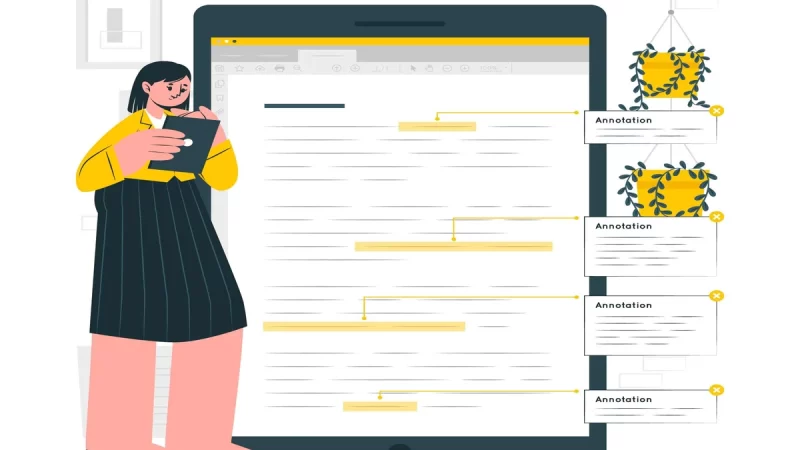Google’s Chrome to Test IP Protection Privacy Feature: What You Need to Know

Google is set to test a new feature in its Chrome browser called ‘IP Protection’. This feature aims to offer users more control over their privacy by preventing websites from tracking them. Here’s what you need to know about this upcoming feature.
What is IP Protection?
Initially introduced as “Gnatcatcher,” IP protection proposes to mask users’ original IP addresses by routing their web traffic through privacy proxies. The goal is to limit cross-site tracking and safeguard individual identities online.
Why is IP Protection Needed?
The advent of IP Protection comes in response to growing concerns over covert tracking techniques, which involve utilizing IP addresses to identify users without explicit consent. The feature forms part of Google’s broader effort to establish a comprehensive privacy ecosystem that addresses user needs while maintaining the web’s functionality and safety.
How Does IP Protection Work?
Users interested in leveraging this feature will initially need to opt in. Once enabled, IP Protection will target specific domains for tracking user behavior. As reported by Bleeping Computer, IP Protection Phase 0 testing will involve only Google-owned domains and U.S.-based IP addresses. The list includes notable services like Gmail and Google Voice and older domains like plus.google.com and orkut.com.
Google will deploy a single company-owned proxy server in Phase 0, responsible for the initial routing. Future updates will incorporate a more complex 2-hop proxy system for further privacy fortifications. The experimental rollout will be phased to allow room for adaptation and fine-tuning.
When Will It Be Available In Google Chrome?
According to The Privacy Sandbox timeline, IP Protection is in the early phase/incubation stage. A help page for Google Chrome Enterprise and Education users notes that the Phase 0 rollout could appear as early as Chrome 122. The Chrome 122 schedule denotes a Beta Promotion date of Wed, Jan 24, 2024, and a Stable Release date of Tue, Feb 20, 2024.
Key Takeaways
This new feature could significantly impact how privacy, tracking, and online advertising intersect. As we continue to monitor the situation, it’s clear that the future of IP Protection and its impact on Google’s SERPs remains uncertain. Whether this is a temporary adjustment or a sign of a more significant shift in Google’s approach to AI in search is yet to be seen.
FAQs:
IP Protection, initially introduced as “Gnatcatcher,” is a feature that proposes to mask users’ original IP addresses by routing their web traffic through privacy proxies.
IP Protection is needed to address growing concerns over covert tracking techniques, which involve utilizing IP addresses to identify users without explicit consent.
Once enabled, IP Protection will target specific domains for tracking user behavior. The initial testing phase will involve only Google-owned domains and U.S.-based IP addresses.
According to The Privacy Sandbox timeline, IP Protection is in the early phase/incubation stage. The Phase 0 rollout could appear as early as Chrome 122.
This new feature could significantly impact how privacy, tracking, and online advertising intersect. It’s still uncertain whether this is a temporary adjustment or a sign of a more significant shift in Google’s approach to AI in search.







